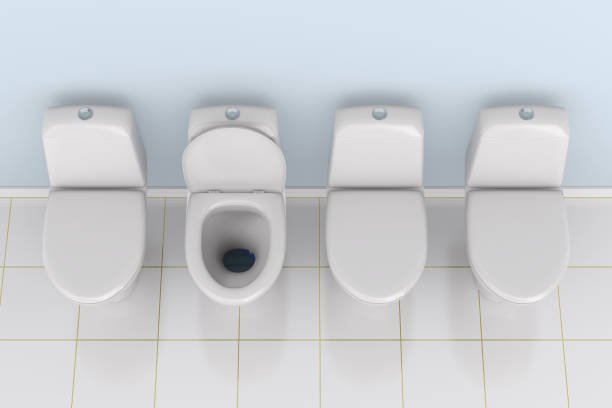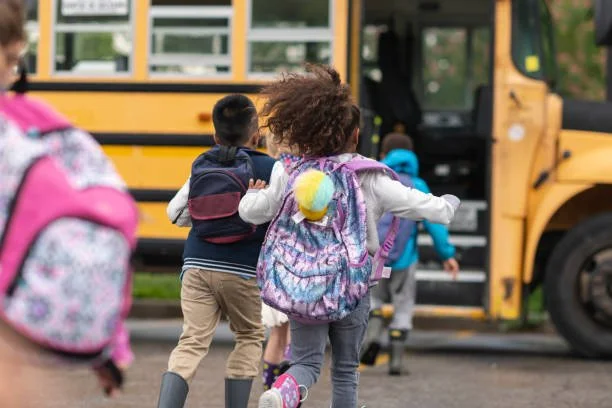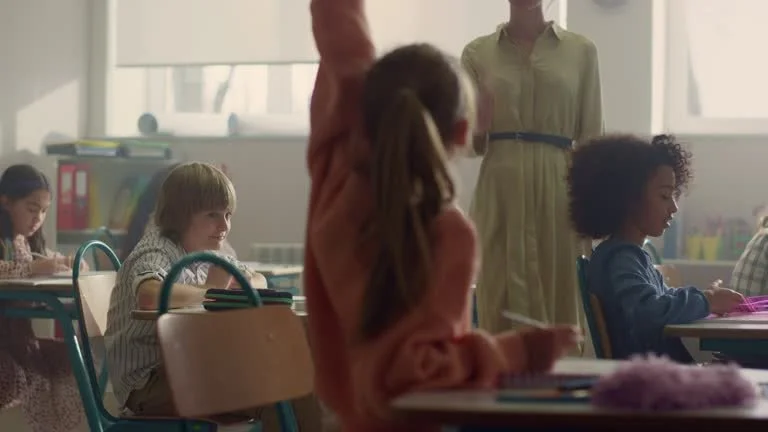
FABS was founded with the goal of promoting independence in mind. Toilet training is one of the foundational skills that predicts independence and quality of life into adulthood. There are countless benefits to toilet training:
-

Health.
Proper toilet training reduces the risk of skin irritation, urinary tract infections, and other health complications associated with prolonged use of diapers. Improved personal hygiene through regular toilet use helps prevent infections and promotes overall health.
-

Safety.
Toilet training fosters independence, reducing the need for continued adult assistance. This independence can minimize opportunities for abuse or neglect. Teaching individuals to use the toilet appropriately reinforces the importance of privacy and personal boundaries, which is vital in preventing abuse.
-

Social Integration
Toilet training facilitates smoother social interactions. It allows individuals to participate in community activities, school, and social events without the inconvenience of diaper accidents or diaper changes.
-

Education and Employment
Toilet training is often a prerequisite for enrolling in many educational programs and schools. Being toilet trained can open up more educational opportunities for children. For older individuals, being toilet trained is crucial for gaining employment and functioning independently in a work environment.
-

Cost.
Families and caregivers can save significantly on the cost of diapers, wipes, and other related products. These savings can be redirected to other essential needs and therapies. Early and effective toilet training can reduce the long-term financial burden on families, healthcare systems, and support services.
-

Quality of Life
Being toilet trained allows individuals to maintain their dignity. It helps to reduce the stigma associated with being dependent on diapers. Successfully mastering toileting can boost an individual’s confidence and self-esteem, contributing positively to their emotional and psychological well-being.
Toilet training empowers individuals with greater autonomy and control over their daily lives, contributing to an improved quality of life.
Successfully toilet training a child can alleviate stress and reduce the physical and emotional burden on families and caregivers.